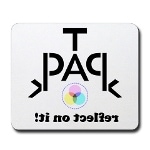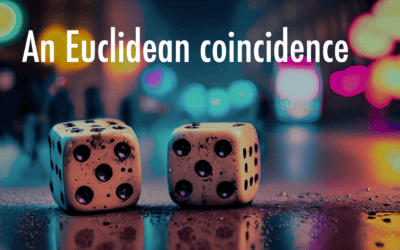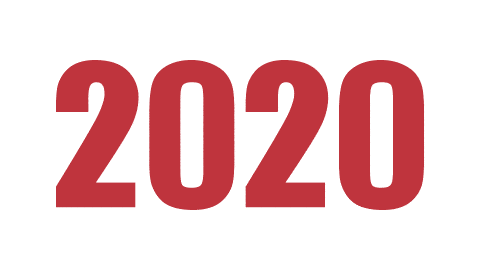Here is the next article in our series Rethinking Technology & Creativity in the 21st Century for the journal TechTrends. In this article we feature an interview with Dr. Charles Limb, professor of Otolaryngology and a surgeon at the University of California, San Francisco. He is also an accomplished jazz musician, loves cooking and in his research focused on better understanding the neural basis of musical improvisation. Three key themes emerged through our conversation:
First, Dr. Limb’s philosophy, background, and experiences illustrate how a trans-disciplinary way of thinking and living enables new perspectives and rich understanding of a phenomenon. Second, his views highlight the phenomenological and evolutionary relevance of creativity. That is, he emphasizes the experience of creativity, and notes that creativity is a core element of humanity that allows our brains to work at the highest level as vital for our survival. Finally, he suggests practicing and developing creativity is important for children and adults, and we must encourage creative development by infusing arts into education across the lifespan.
Warr, M., Henriksen, D., Mishra, P., & The Deep-Play Research Group (2018). Creativity and Flow in Surgery, Music, and Cooking: An Interview with Neuroscientist Charles Limb. Tech Trends. DOI 10.1007/s11528-018-0251-3





0 Comments